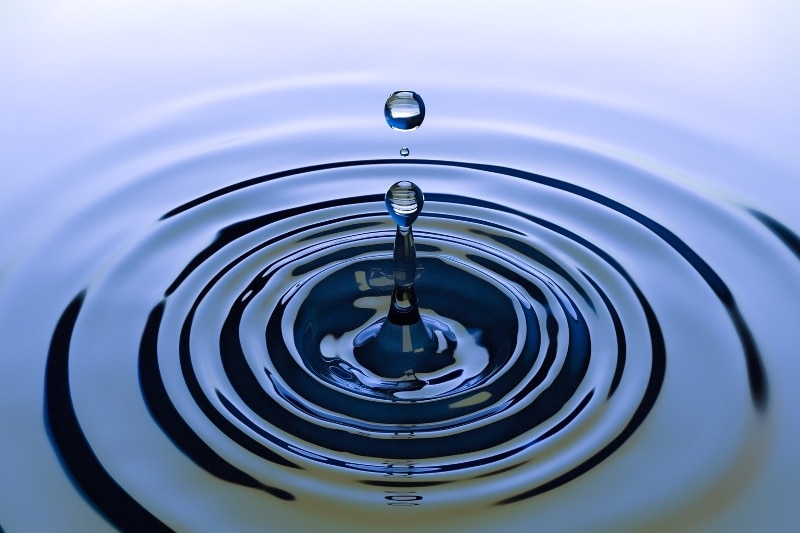Malaysia’s Minister of Energy Transition and Water Transformation has launched the Water Sector Transformation 2040 (WST 2040) agenda, which is expected to significantly contribute to the nation’s Gross Domestic Product (GDP) in the future. The WST 2040, set to be implemented in four phases across the 12th to 15th Malaysia Plans, aims to improve the well-being of the population by strengthening the water sector through eight key drivers.
These measures will help optimize water management, transforming it into a valuable economic asset capable of generating revenue, despite the sector’s current underperformance in economic returns. The agenda includes the execution of 106 projects in the short term as part of the 12th Malaysia Plan (2021-2025). The comprehensive strategy includes 87 strategies, 600 targets, and 601 Key Performance Indicators (KPIs) to be achieved over the four phases, with short-, medium-, and long-term plans guiding the transformation until 2040. In the initial phase (12th Malaysia Plan), the Ministry focuses on enhancing Integrated Water Resource Management (IWRM). In the second phase (13th Malaysia Plan, 2026-2030), the priority will shift to the development of local technologies that meet international standards. By the third phase (14th Malaysia Plan, 2031-2035), efforts will focus on achieving economies of scale, while the final phase (15th Malaysia Plan, 2036-2040) aims to position Malaysia as a regional water industry hub within the ASEAN context.
The WST 2040 agenda main objectives are to ensure water security and sustainability while transforming the water sector into a key economic opportunity. To address challenges such as non-revenue water (NRW), the government plans to invite private sector participation as an alternative financing solution, helping to reduce the financial burden on the state. Currently, most water-related projects are government-funded, and the private sector will be encouraged to offer solutions, including financing packages, to address sector issues and accelerate improvements. For example, replacing outdated pipes, which is estimated to cost around MYR 10 billion (USD 2.1 billion), could significantly reduce NRW, which currently averages 35% of total water supply, costing the government approximately MYR 2 billion (USD 420 million) annually in lost revenue.
(Sources: The Sun Daily; Bernama)
